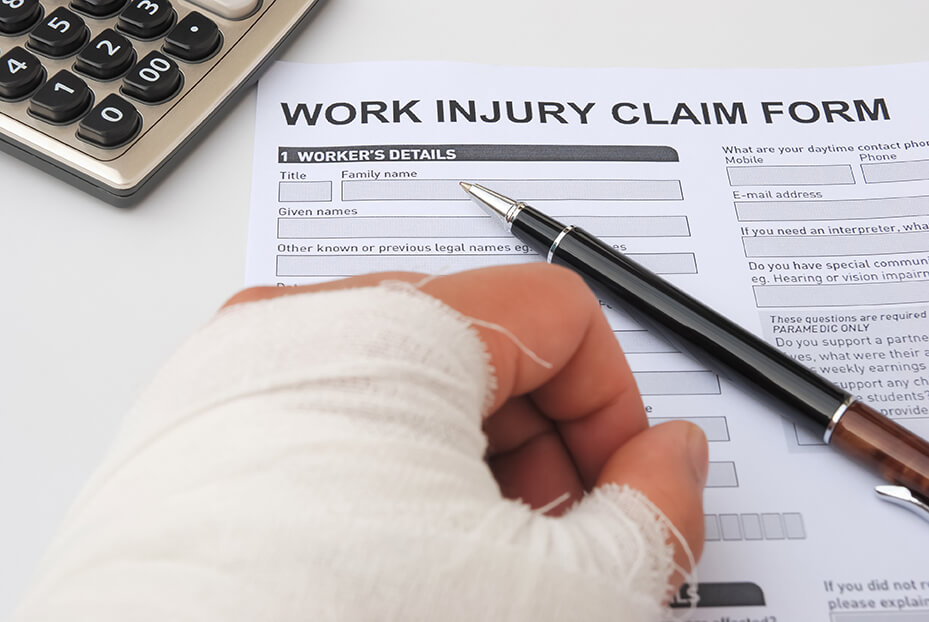Workers’ compensation insurance covers employees who are hurt or ill as a result of their job. It works by providing workers with prompt medical and financial treatment for work-related accidents or illnesses to prevent employer-employee costly legal battles.
How Does Workers’ Compensation Insurance Work?
Workers’ compensation benefits work irrespective of blame, meaning injured employees do not have to sue their employers to get paid. Even if their negligence led to their injuries, employees are usually liable for compensation.
Nevertheless, there are certain limitations on what a policy can protect. These might include the following, based on the state and circumstance:
- Injuries sustained by an employee while breaching a corporate policy
- Self-inflicted injuries
- Injuries sustained by a worker while executing a severe crime
Workers’ compensation basic benefits are dictated by the laws of the states in which they operate. Benefits commonly provided by workers’ compensation laws include:
- Medical coverage: It covers hospitalization, visits to the clinic, physical therapy, prescription drugs, and other healthcare expenses.
- Disability: When employees cannot work because of a work-related injury, policies include a partial replacement of lost wages. Whether the disability is partial or complete, acute or chronic, determines the length and number of benefits. The percentage of wages and the amount of time it takes to get paid vary by jurisdiction.
- Vocational rehabilitation: This allows employees who cannot resume their previous profession to acquire a new skill tailored to their current skills.
- Death benefits: A worker’s minor children and spouse are entitled to benefits if he/she dies in the workplace.
Workers’ compensation insurance covers accidental bodily harm that happens within the coverage duration. It also includes disease-related accidents (occupational illnesses like asbestosis) that are induced or exacerbated by working conditions. What illnesses get covered by workers’ compensation insurance depends on state laws.
At times, employees who become sick due to transmission linked to the workplace may be entitled to workers’ compensation. Schedule a consultation with a personal injury lawyer to determine if your case is eligible for workers’ compensation.
What Factors Go Into Calculating Workers’ Compensation Premiums?
Three factors fact in during the calculation of the premium that a company will pay:
- Employee work classification: Each state has its coding scheme for categorizing various forms of work according to their injury risk. A warehouse employee, for example, will be at a greater risk than an office worker. A higher fee may apply if there are more workers at an increased risk level.
- Wages of employees: The more the wages of your workers, the more costly the scheme would be
- Workplace risk rating: This is a simple measure of the level of risk as an employer. Your employers’ gross loss from workers’ compensation payments contrasts to the state mean for your sector. As a result, your premiums can be raised or reduced.
It is vital to hire an experienced workers’ compensation attorney if you want to receive total benefits. Many employees make the mistake of thinking that just because workers’ compensation covers them, they will always obtain the benefits. Some workers tend to deny claims or pay you a meager sum than you deserve. For expert legal help from an experienced Union City Personal Injury Attorney, contact the Law Offices of Anthony Carbine today!
